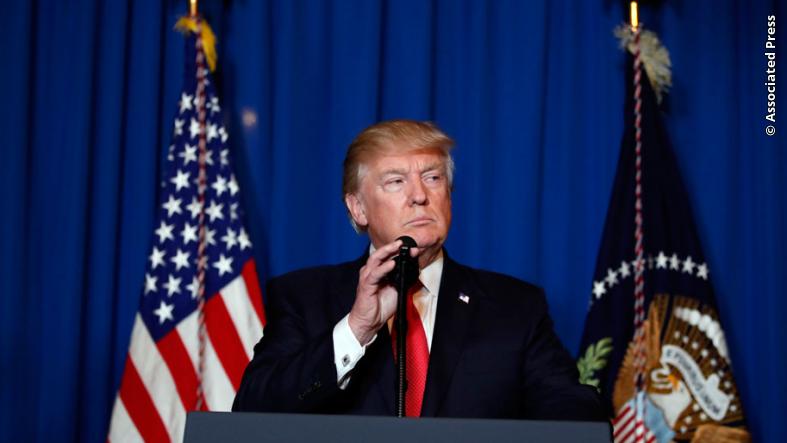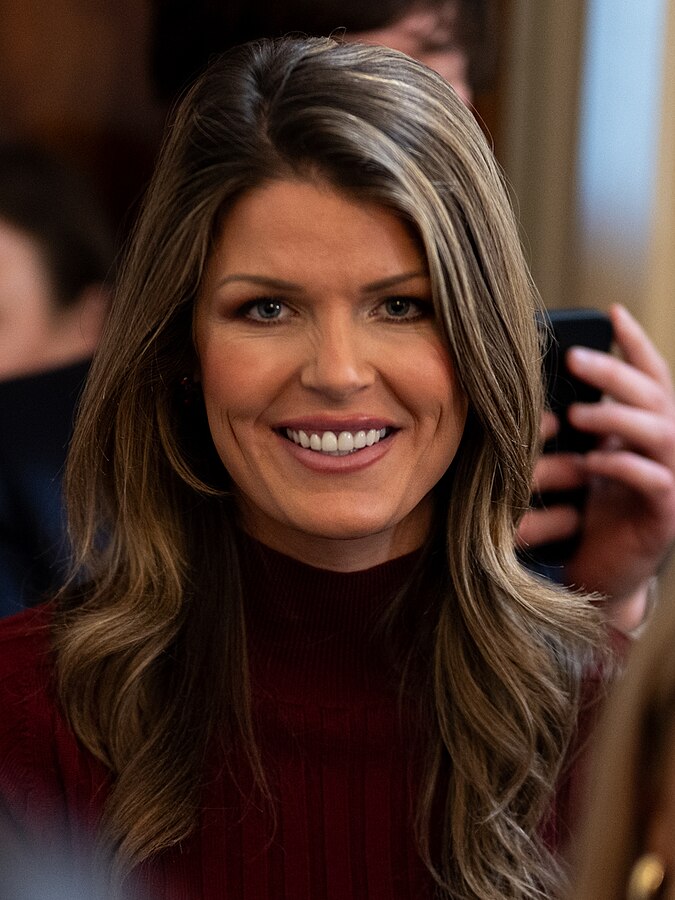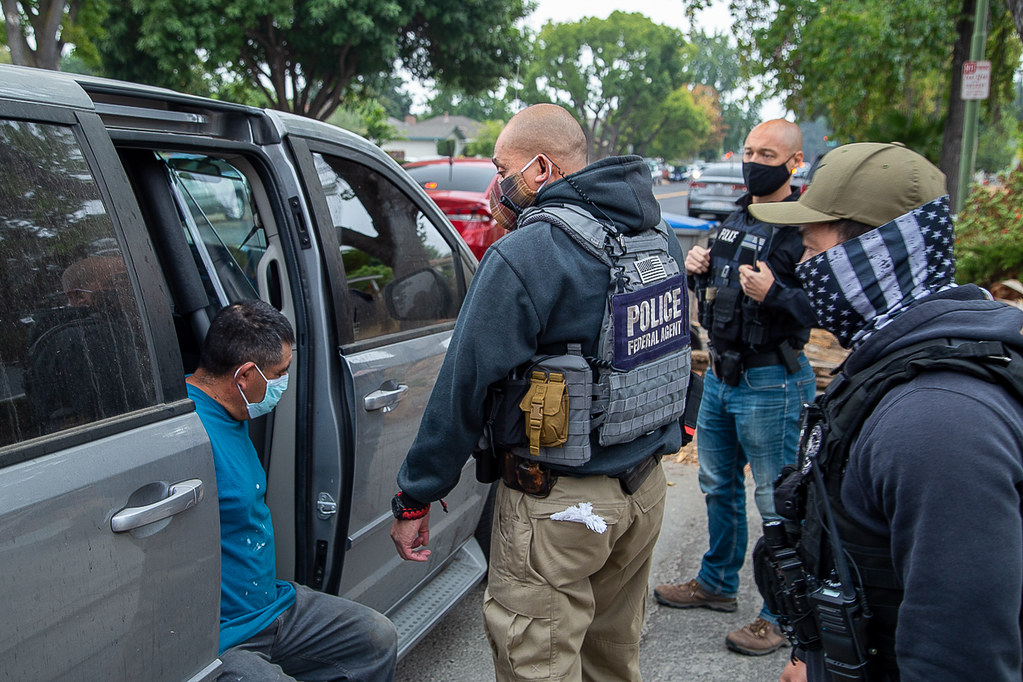
By Steve Neavling
ticklethewire.com
Donald Trump’s personal lawyer brazenly declared the president “cannot obstruct justice” because he’s the “chief law enforcement officer.”
Citing the executive powers in the U.S. Constitution, Trump’s attorney John Dowd said the president “has every right to express his view of any case.”
Dowd didn’t elaborate, but his position drew comparisons to Richard Nixon’s infamous remarks in 1977: “When the president does it, that means that it is not illegal.”
Dowd’s position that Trump is legally incapable of obstructing justice came two days after the president’s explosive admission that he knew his then-national security adviser Michael Flynn had lied to the FBI. It’s a felony to lie the FBI.
Many legal experts believe Trump’s admission that he knew of the alleged crime bolsters special counsel Robert Mueller’s case that the president intended to quash a legitimate criminal investigation by urging then-FBI Director James Comey to drop the case against Flynn. When Comey refused, he told investigators that Trump fired him.
Trump fired Comey, leading to claims that the president obstructed justice, a felony punishable by prison time.
But can a president be criminally charged with obstruction of justice?
Legal scholars are deeply divided on the issue, but virtually all agree that Trump, if guilty, could be impeached by Congress on the obstruction of justice charges.
Just look at Nixon and former President Bill Clinton, both of whom were accused of obstruction of justice and were impeached, but never criminally charged.
“No one in the judiciary committees during the Clinton and Nixon cases ever claimed that the president is incapable of obstructing justice,” constitutional scholar Michael Gerhardt of the University of North Carolina School of Law told ABC.

Gerhardt insists the president isn’t above the law and said it’s “absurd” to claim that Trump couldn’t be criminally charged for obstruction of justice.
Blanket Immunity
Peter Zeidenberg, a lawyer who focuses on white collar and investigations, agrees, saying blanket immunity for a president would mean he could lie to prosecutors, destroy evidence and violate other laws.
“That assertion would literally mean that the president is above the law,” Zeidenberg told Politico.
Eugene Kontorovich, professor at Northwestern University School of Law, said it’s possible that a president’s action could constitute obstruction of justice, but added that the president may direct “inferior officers,” such as Comey, because Trump is the president of the supreme law.
“Offering advice on prosecutorial discretion cannot amount to obstruction,” Kontorovich told Politico.
Noting the law is very unclear and has no precedent in a criminal proceeding, some legal experts said the authority to determine whether a president committed obstruction of justice belongs to the U.S. House of Representatives, which has impeachment powers.
For that reason, some legal scholars said the best way to handle obstruction of justice is through the impeachment process, not through the legal system.
“The task of determining whether Trump acted improperly ultimately falls to the House,” John Culhane, professor at Widener University Delaware Law School, told Politico.
But Harvard Law School professor emeritus Alan Dershowitz, who focuses on constitutional law, insisted Trump cannot commit obstruction of justice by “exercising his constitutional power” to terminate employees and control appointees.
“I think if Congress ever were to charge him with obstruction of justice for exercising his constitutional authority under Article II, we’d have a constitutional crisis,” Dershowitz told ABC News. “You cannot charge a president with obstruction of justice for exercising his constitutional power.”
Others disagree, saying the president is required to follow the law like any American citizen.
“We have a president, not a king,” said Sam Berger, senior policy adviser at the Center for American Progress, a liberal think tank. “No one is above the law, whether it be Trump or any of his close associates. It’s the sort of desperate claim that makes you wonder, ‘What exactly are they hiding?’”





